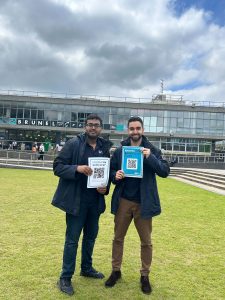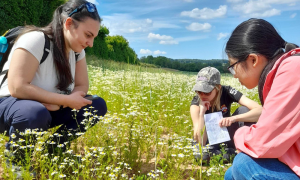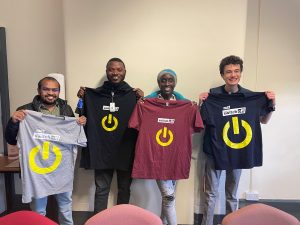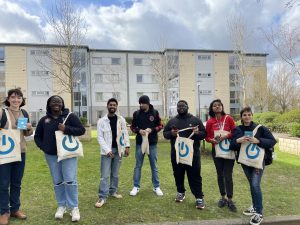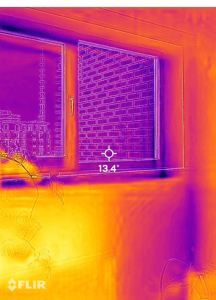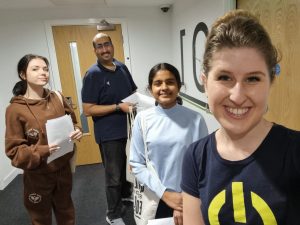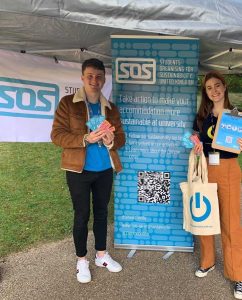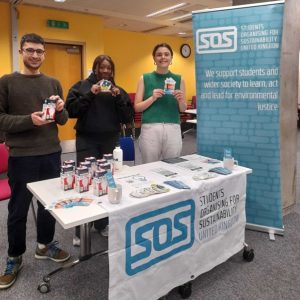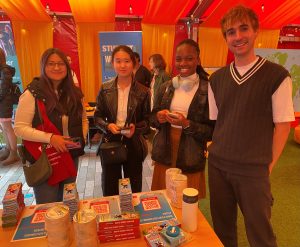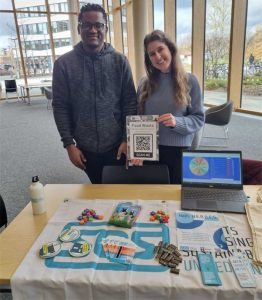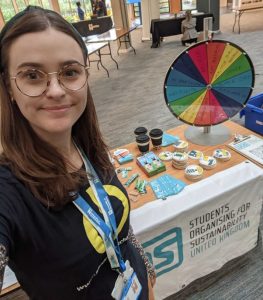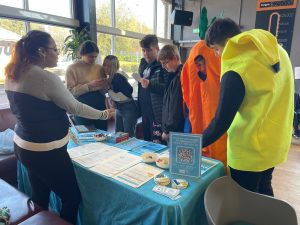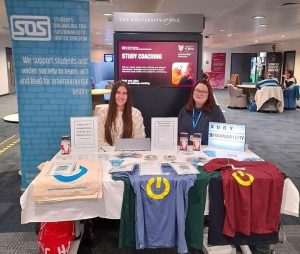Sustainable accommodation
We run an annual competition with halls of residences. Find out if your university is taking part and how the competition is run.
Throughout the year take part in competitions, quizzes, and volunteer. Join us in making university living more sustainable!
Act
We can all do something about the climate crisis, our choices and individual actions can collectively help to influence systems change.
Within halls of residences, you can take actions such as switching off lights and encouraging friends to change behaviours, as well as recommending how to make your halls greener.
Lead
Volunteer and become a sustainability leader!
Take climate action and volunteer with other students to increase the positive environmental impact across your university campus. Volunteers raise awareness on sustainability and gain valuable green employability skills and experience.
Learn
Knowledge is power!
Find out more about sustainability, and advice for when you move into the private rented sector.
Find your residence
No matter where you live you can follow our advice for a more sustainable home. If you live in accommodation provided by one of the universities listed below, click on the logos to find out how your residence is doing and activities you can get involved in.

